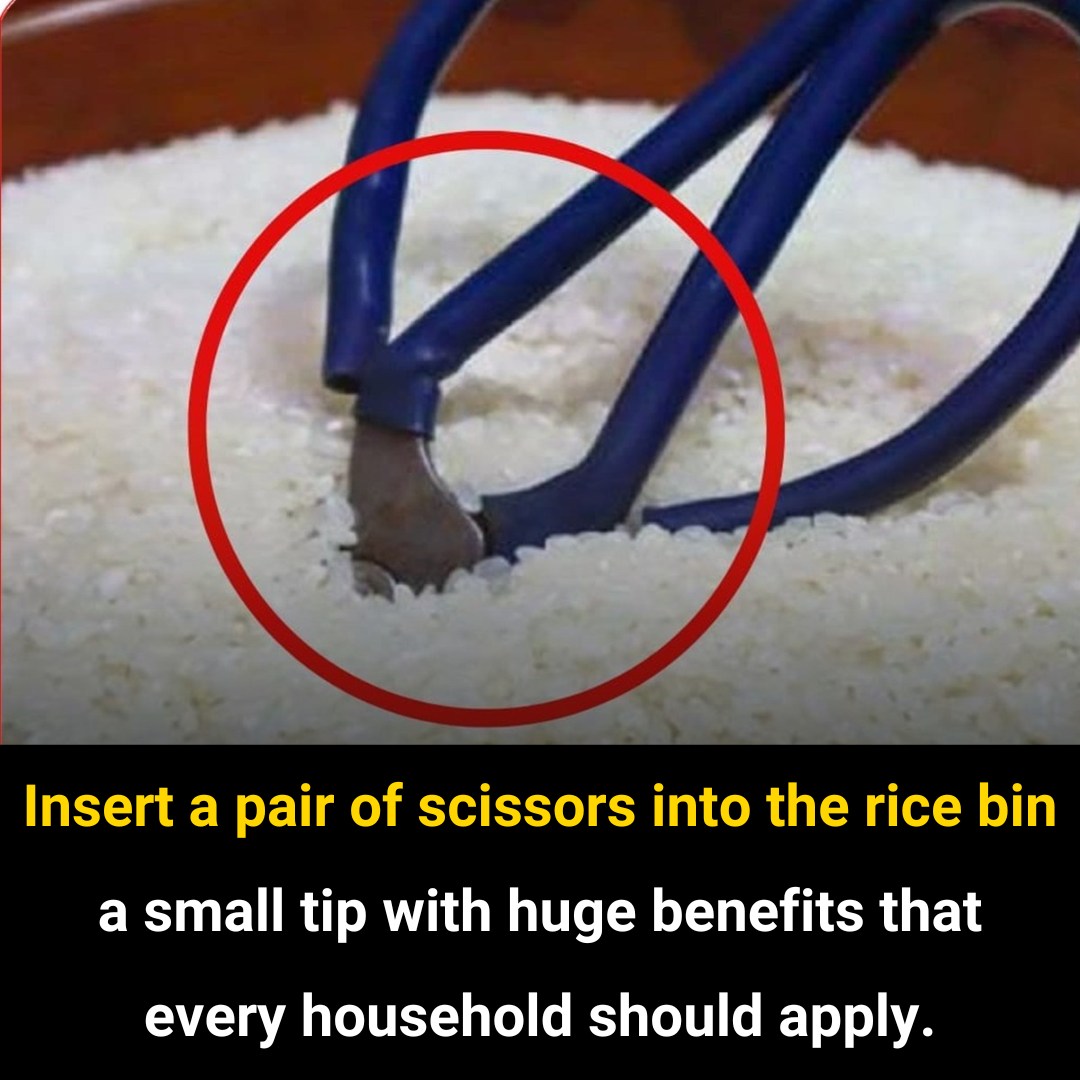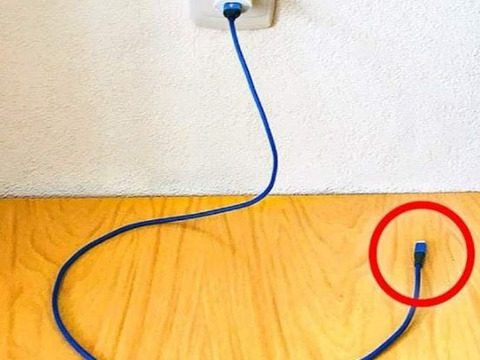Did you know that something as simple as sticking a pair of rusty scissors into a bin of rice can offer surprising and practical benefits? While it may sound like a quirky life hack, this method is not only effective but also incredibly simple and inexpensive. Dealing with rusty scissors is a common frustration in many households. Over time, exposure to moisture, humidity, or improper storage can cause metal scissors to corrode, losing their sharpness and smooth functionality. This makes them difficult to use, whether for cutting paper, fabric, or even opening packages. Instead of tossing them away or spending money on expensive rust-removal chemicals, there’s an easy and natural solution waiting right in your kitchen pantry: uncooked rice.

Rust on scissors isn’t just a cosmetic issue; it directly impacts their performance. Rust can cause the blades to stick together, reduce the sharpness of the edges, and even weaken the metal over time. Beyond that, using rusty scissors can leave unsightly stains on whatever you’re cutting, and if you’re using them for food preparation or crafts, there’s an added concern about hygiene and safety. Many people resort to using abrasive scrubbers or harsh chemical solutions to clean the rust, but these methods often risk damaging the scissors further or exposing you to harmful residues. Fortunately, rice offers a gentler and highly effective alternative.
Rice is well-known for its ability to absorb moisture, which is why it’s often used to save water-damaged electronics like smartphones. When you place rusty scissors into a bin or container filled with uncooked rice, the grains act like tiny sponges, drawing moisture out of the metal and preventing further rust development. This natural drying process helps loosen existing rust particles and reduces the chances of additional corrosion.
To use this trick effectively, start by finding a container deep enough to fully submerge the scissors in rice. Fill it with uncooked white rice—standard long-grain rice works perfectly. Open the scissors slightly and insert them into the rice, ensuring they’re completely covered. Leave the scissors in the rice for at least 24 hours. For best results, you might want to leave them for up to 48 hours, especially if the rust buildup is significant.
After the waiting period, remove the scissors and wipe them down with a clean, dry cloth. You’ll likely notice that much of the rust has either loosened or disappeared entirely. If there are still stubborn spots, gently scrub them with a soft cloth or a non-abrasive sponge. Avoid using harsh materials that could scratch or damage the blades.
While this trick works wonders for rusty scissors, it’s not a one-time fix. Proper maintenance afterward is essential to ensure your scissors remain rust-free. After cleaning, apply a few drops of mineral oil or sewing machine oil to the hinge and along the blades. This lubricates the moving parts and provides a protective layer against future moisture exposure.
It’s also a good idea to store your scissors in a dry place, away from sinks, bathrooms, or other high-humidity areas. If you live in an especially humid climate, consider placing a small silica gel packet with your scissors to absorb excess moisture. Regularly wiping your scissors after use and keeping them dry will also go a long way in preventing rust from forming again.
What makes the rice method so appealing is its accessibility and ease of use. Rice is an inexpensive staple found in nearly every home, and using it eliminates the need for harmful chemical solutions or expensive rust-cleaning products. Plus, it’s an environmentally friendly choice since it avoids introducing harsh chemicals into your home or the environment.
This method isn’t just limited to scissors—it can also be used for other small metal tools prone to rust, such as tweezers, small knives, or crafting equipment. The principle remains the same: let the rice absorb the moisture, and you’ll see a noticeable improvement in the condition of your tools.
In addition to its effectiveness, the rice trick also offers a sense of resourcefulness and satisfaction. Instead of throwing away an otherwise functional pair of scissors or spending money on replacements, you’re repurposing something simple and natural to extend their lifespan.
Small household hacks like this remind us that sometimes, the most effective solutions are also the most straightforward. With minimal effort and cost, you can save your scissors from rust and restore their functionality using something as humble and readily available as rice. This trick isn’t just practical—it’s also a testament to how everyday items can offer clever and resourceful solutions to common problems.
So the next time you notice your scissors starting to rust, don’t reach for harsh chemicals or resign yourself to buying a new pair. Instead, grab a bag of uncooked rice, follow this simple method, and let the natural properties of rice do the work for you. It’s an easy, cost-effective, and environmentally friendly way to keep your scissors in excellent condition for years to come.





